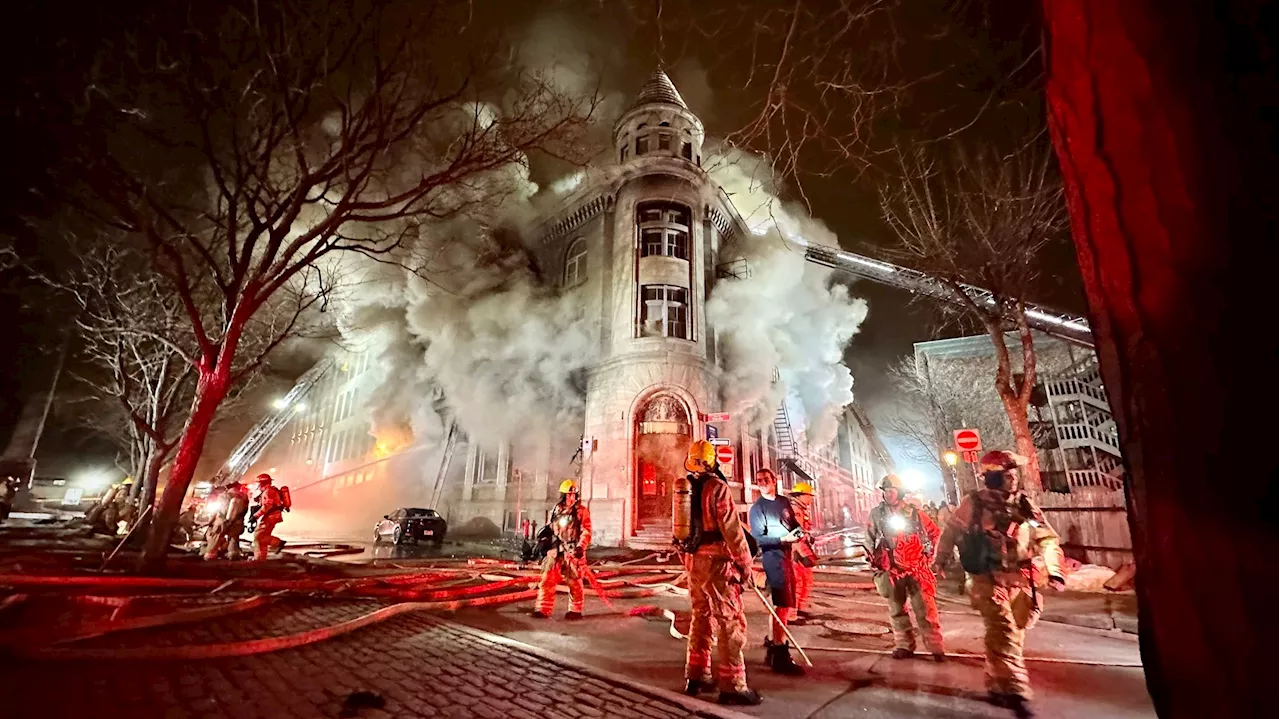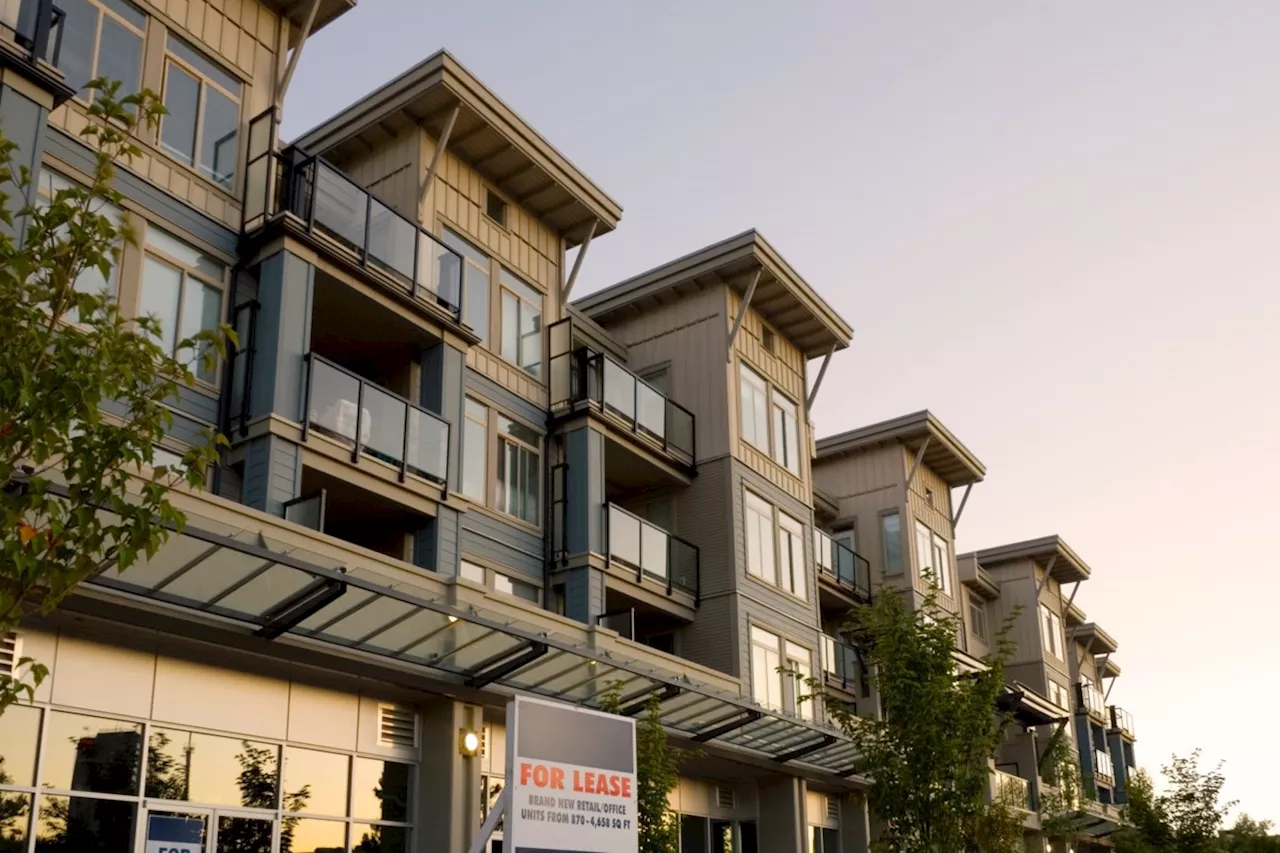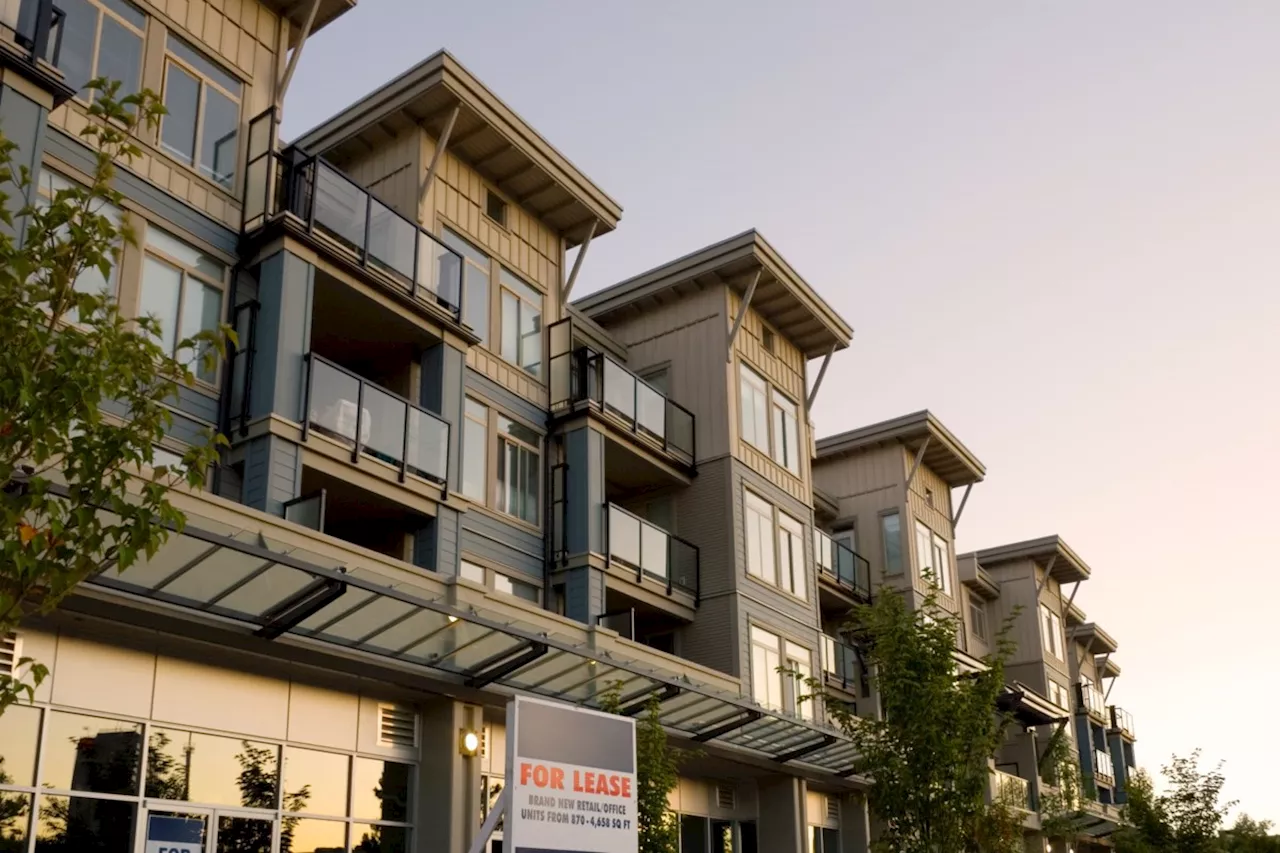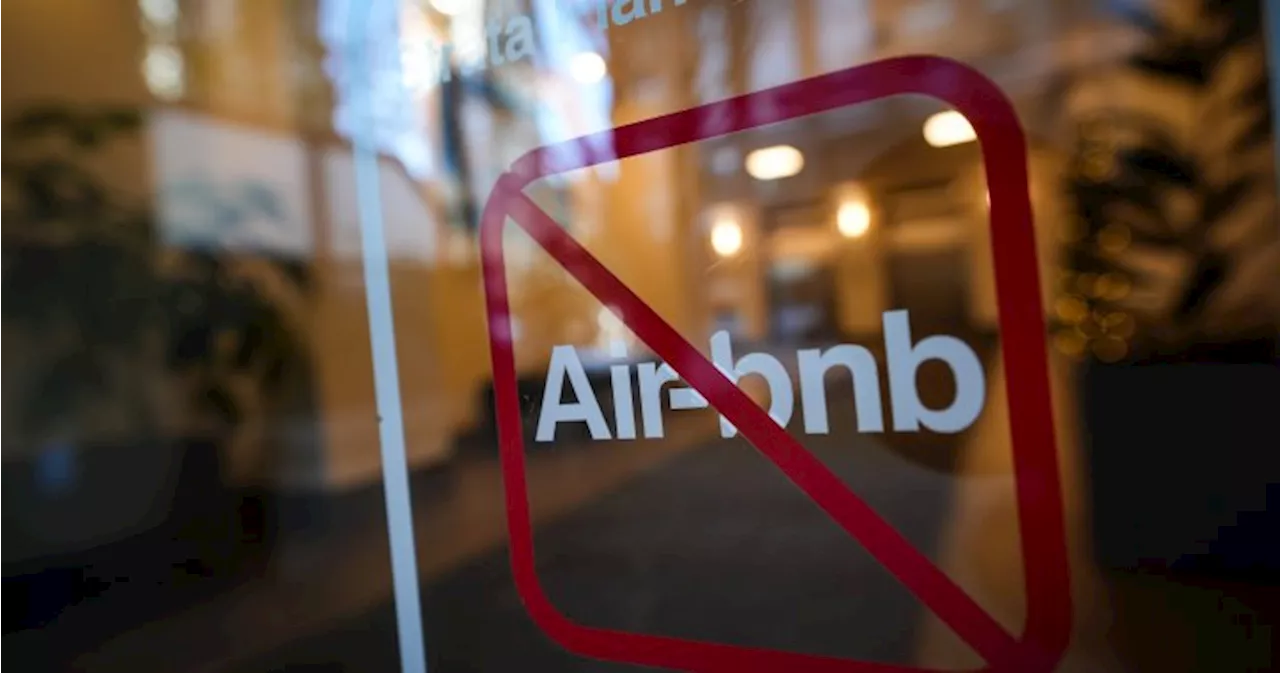Last year, a massive blaze consumed several illegal Airbnb units in Montreal and killed seven people. The tragedy shone a harsh light on the Wild West of Airbnb in Canadian cities—and the battle to regulate it has just begun.
The historic building at 135 rue du Port included 14 apartments, nine of which were rented as Airbnbs. It burned down last March.The historic building at 135 rue du Port included 14 apartments, nine of which were rented as Airbnbs. It burned down last March.As soon as Nathan Sears checked into his Airbnb in March of 2023, he knew something felt wrong. The door to his unit was so flimsy he thought he could kick it down.
Patrick Brasseur was getting ready for work when he heard the explosion that woke Kuzmina. The 54-year-old construction worker was one of the building’s few long-term tenants. He’d lived at the rue du Port building for more than three decades, and so was among the few who knew about its long history of fire safety violations. There were no fire doors and insufficient alarms. The third-floor fire escape was only accessible via a vacant, locked apartment.
In the aftermath of the tragedy, Emile Benamor, the building’s owner, disavowed involvement with the Airbnbs. Instead, he placed blame on a tenant, Tariq Hasan, to whom he leased at least seven apartments in the building. Mayor Valérie Plante, in turn,, but also said it was the province that was responsible for inspecting provincial licensing; a spokesperson for Revenu Québec, the agency in charge of those inspections, said that its mandate was not to enforce municipal regulations.
Airbnb’s origin story is the stuff of Silicon Valley lore. In 2007, Brian Chesky and Joe Gebbia were design-school grads struggling to make rent in San Francisco. A huge design conference was coming to town, and hotels were booked solid. The entrepreneurial duo bought some air mattresses and threw together a quickie website where conference-goers could rent space on their floor for $80 a night. The pair hosted three guests for a few days, cooking breakfast and playing tour guide.
Even those horror stories that grabbed headlines have done little to slow the company’s extraordinary growth. By 2017 there were approximately 70,000 hosts in Canada alone; two years later, there were more than six million listings worldwide. That was more, the company bragged, than the number of rooms owned by the top six global hotel chains combined.
In a decade, Airbnb has created a new class of landlord-entrepreneur, propelled by irresistible financial incentives: charging $100, $200, $300 a night, especially in popular neighbourhoods and tourist areas, is a lot more profitable than renting to one tenant for $2,000 a month. According to a recent study by Desjardins on the impact of STRs on housing, the average annual income for a short-term rental in Montreal is today $50,000, twice that of a traditional apartment.
In 2016, Quebec passed its first STR rule, requiring owners to obtain a certificate from the province’s Ministry of Tourism and pay a small tax. That didn’t dissuade Benamor from getting into Airbnbs. Investigative journalism outletreported last year that he signed a lease in 2017 with a tenant in another building, specifying that “the landlord allows short-term sublets and Airbnb rentals.” Those units were unlicensed, despite Quebec’s new rule.
Even as the safety problems mounted, 135 rue du Port kept pulling in money, as more units were converted to STRs. Inside Airbnb estimates revenue from individual listings, and though Airbnb itself disputes its data, it doesn’t provide its own, and the site has become a widely used resource for academics, journalists and local governments.
Airbnb has taken many steps over the years to insulate itself from legal repercussions. In the U.S., by far its largest market, a 30,000-word user agreement binds hosts and guests to confidential arbitration to resolve disputes and requires them to waive the right to class actions or jury trials. Canadian users aren’t bound by these clauses, thanks to consumer protection laws prohibiting them. But in Canada and globally, the company has always sought to settle away from the public eye.
In the past few years, the housing crisis has spread far from our biggest cities, becoming a nationwide emergency. As a result, communities are feeling heightened urgency to get STRs back onto the long-term market. Airbnb isn’t the primary driver of Canada’s housing undersupply, of course—but, says researcher David Wachsmuth, unlocking the units currently used as commercial STRs should be low-hanging fruit.
Andy Yan, an associate professor in urban studies at Vancouver’s Simon Fraser University, says the key aspect will be enforcement: “Will platforms like Airbnb accept the legislation, or become an obstacle to it?” For the time being, Yan anticipates the latter. The financial incentive to maintain the status quo is simply too great. In B.C.
Canada Latest News, Canada Headlines
Similar News:You can also read news stories similar to this one that we have collected from other news sources.
 The Great Airbnb Crackdown - Macleans.caLast year, a massive blaze consumed several illegal Airbnb units in Montreal and killed seven people. The tragedy shone a harsh light on the Wild West of Airbnb in Canadian cities—and the battle to regulate it has just begun.
The Great Airbnb Crackdown - Macleans.caLast year, a massive blaze consumed several illegal Airbnb units in Montreal and killed seven people. The tragedy shone a harsh light on the Wild West of Airbnb in Canadian cities—and the battle to regulate it has just begun.
Read more »
 B.C. Airbnb hosts generated $93M in taxes in 2023, claims AirbnbThe rental platform says new short-term rental restrictions could have negative implications on tax revenue.
B.C. Airbnb hosts generated $93M in taxes in 2023, claims AirbnbThe rental platform says new short-term rental restrictions could have negative implications on tax revenue.
Read more »
 B.C. Airbnb hosts generated $93M in taxes in 2023, claims AirbnbThe rental platform says new short-term rental restrictions could have negative implications on tax revenue.
B.C. Airbnb hosts generated $93M in taxes in 2023, claims AirbnbThe rental platform says new short-term rental restrictions could have negative implications on tax revenue.
Read more »
 Swiss vote to ban swastika in crackdown on extremist symbolsExplore stories from Atlantic Canada.
Swiss vote to ban swastika in crackdown on extremist symbolsExplore stories from Atlantic Canada.
Read more »
 Swiss vote to ban swastika in crackdown on extremist symbolsExplore stories from Atlantic Canada.
Swiss vote to ban swastika in crackdown on extremist symbolsExplore stories from Atlantic Canada.
Read more »
 As Ottawa eyes short-term rental limits, Airbnb says it won’t solve housing crisisAs part of the 2024 federal budget that was unveiled Tuesday, Ottawa has recommitted to spending $50 million to help municipalities limit the number of short-term rentals.
As Ottawa eyes short-term rental limits, Airbnb says it won’t solve housing crisisAs part of the 2024 federal budget that was unveiled Tuesday, Ottawa has recommitted to spending $50 million to help municipalities limit the number of short-term rentals.
Read more »
